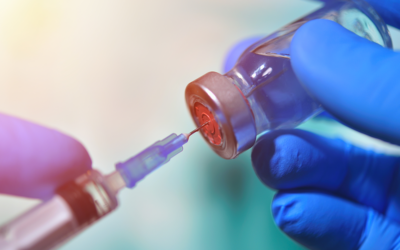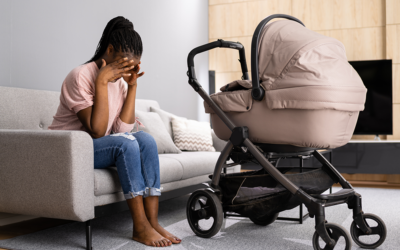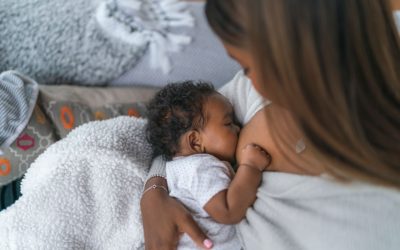COVID-19 also known as coronavirus is a new illness that is spreading rapidly across the world.
The most common symptoms of COVID-19 are fever, dry cough, and tiredness. Other symptoms that are less common include aches and pains, nasal congestion, headache, sore throat, etc. These symptoms are usually mild and begin gradually. Some people become infected but only have very mild symptoms.
Pregnancy is a special time full of excitement and anticipation. But for expectant mothers facing the outbreak of the coronavirus disease (COVID-19) fear, anxiety and uncertainty are clouding this otherwise happy time.
Pregnancy can alter how your body handles severe viral infections in some women however there’s no evidence that pregnant women become less immune than healthy adults if they contract this virus.
According to research, there has been no evidence that the virus can be transmitted from a mother to her baby during pregnancy. The virus has not been found in vaginal fluid, in cord blood or breastmilk, and to date, COVID-19 has also not been detected in amniotic fluid or the placenta.
Data gotten from the study of the UK Obstetric Surveillance system (UKOSS), recorded that the women who have become severely ill were in their third trimester of pregnancy therefore it is important to pay particular attention to social distancing from 28 weeks of pregnancy.
From the study, it was also discovered that some pregnant women are at higher risk of developing serious illness including;
- Women above the age of 35,
- Women who are overweight or obese and
- Women who have pre-existing medical problems such as high blood pressure and diabetes.
During pregnancy, ante-natal care is essential for you and your baby’s health but in line with engaging in social distancing measures, It is advisable that more home visits and phone or video calls should be rendered by a medical team to reduce the number of times you need to attend hospital/clinics.
Lastly, there are various ways you can reduce the risk of contracting coronavirus, They are :
- Wash your hands regularly
- Avoid contact with someone displaying symptoms of coronavirus
- Avoid the use of public transport when possible
- Work from home, when possible
- Avoid large and small gatherings in public spaces
- Ensure the use of face masks always
- Eat Healthy meals
With all these safety measures carried out, there is no need to be scared, Live your life normally but be careful. Things would definitely get better.
Let’s all be safe out there.




